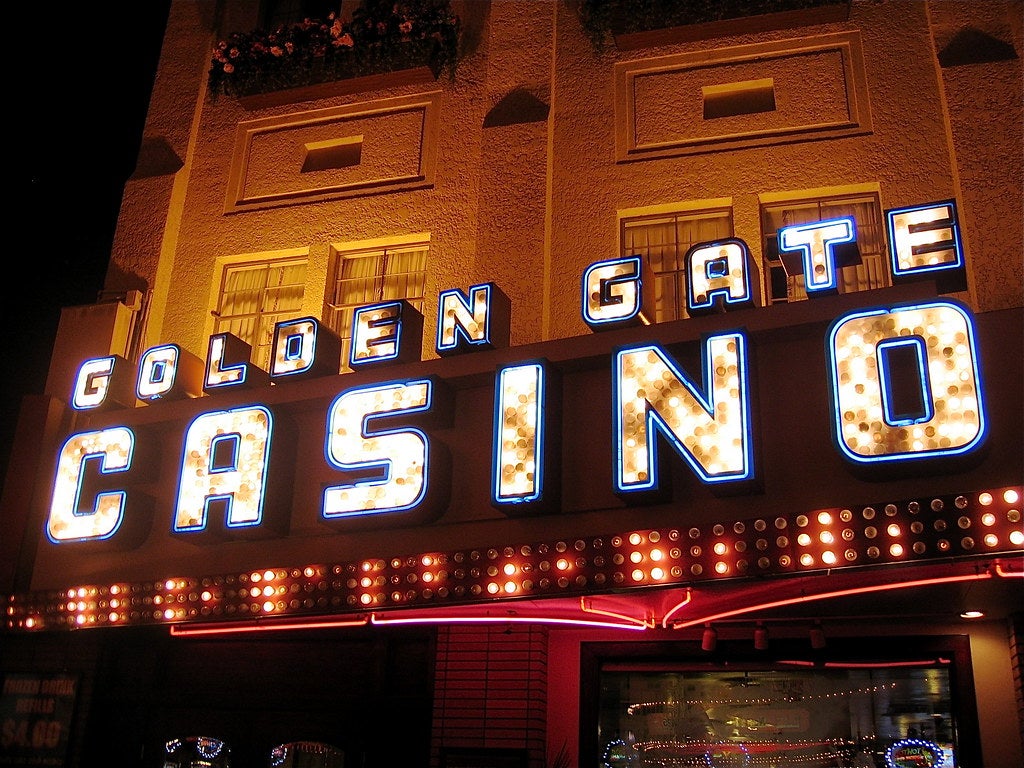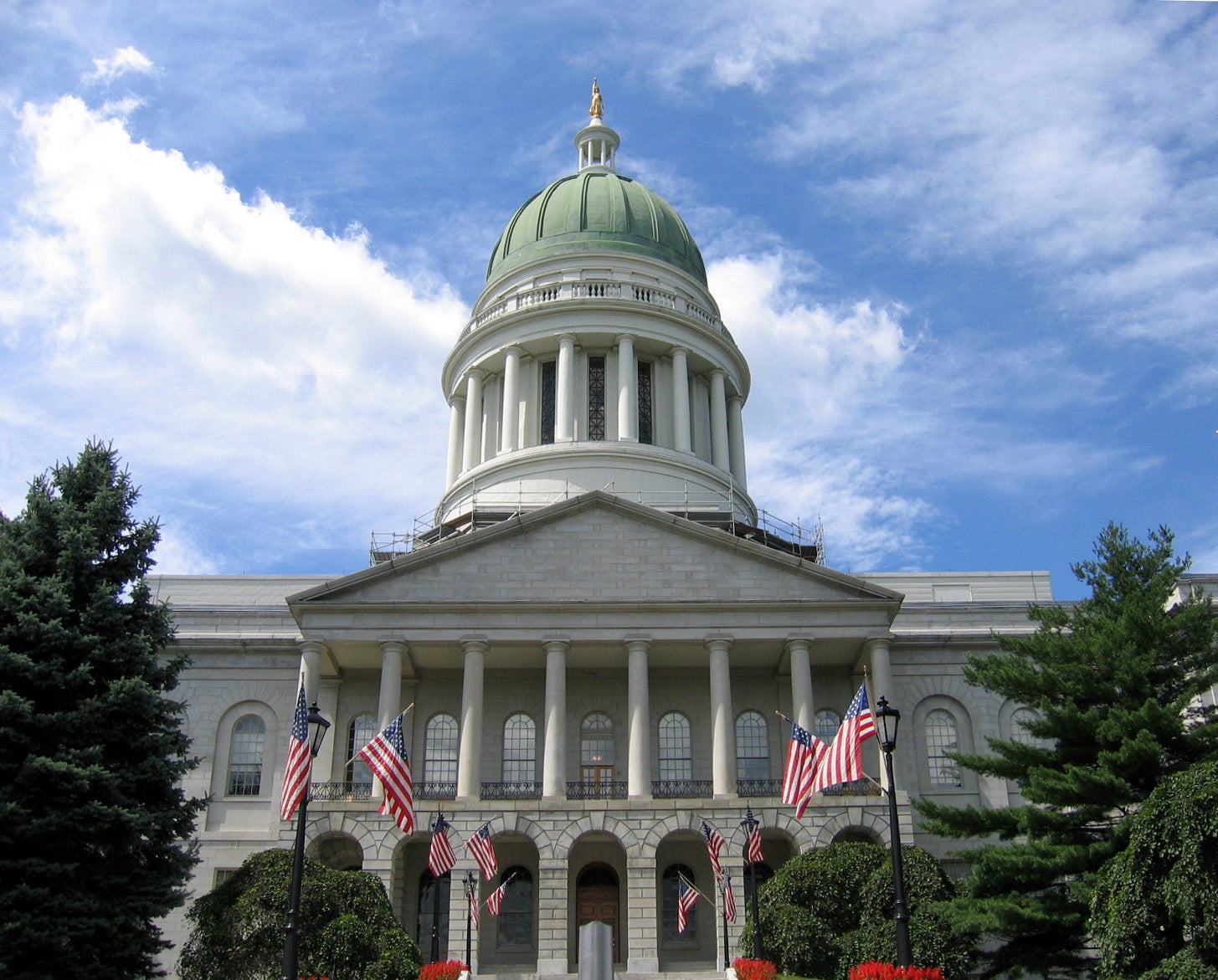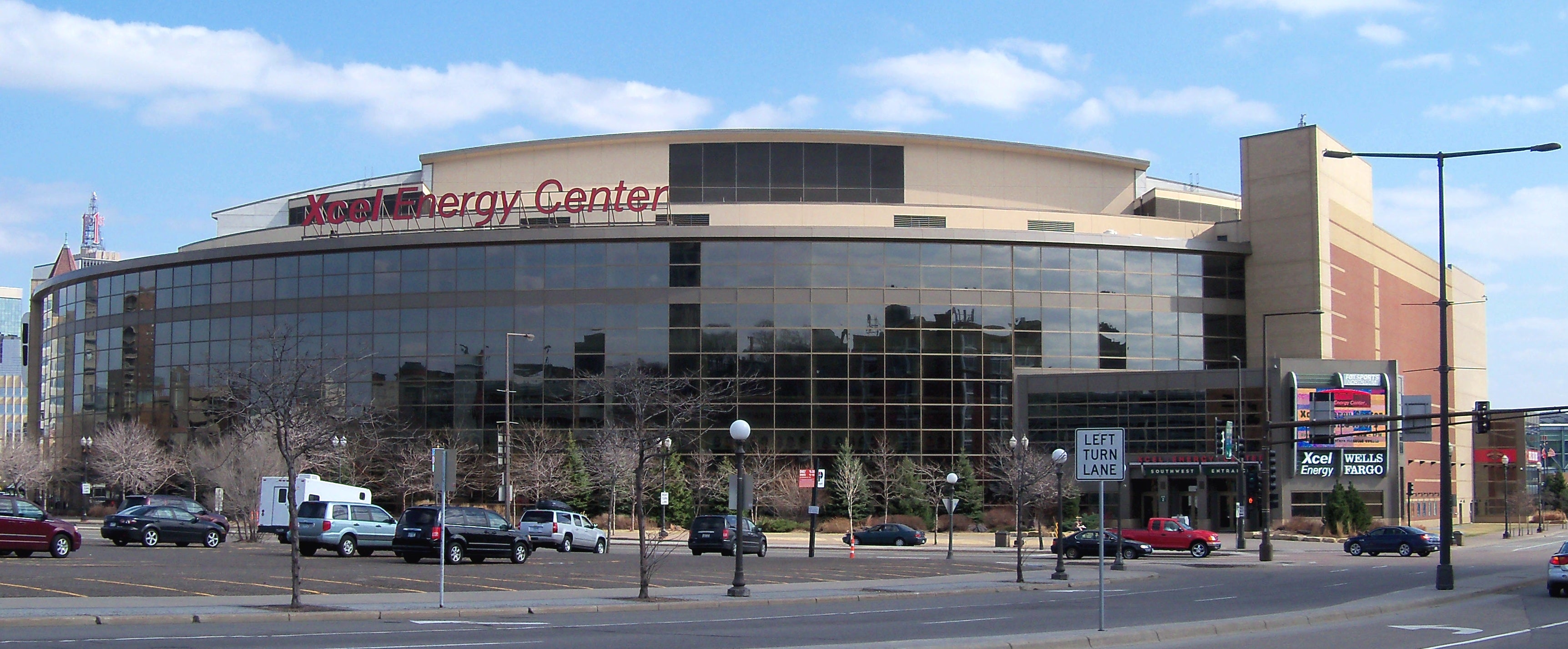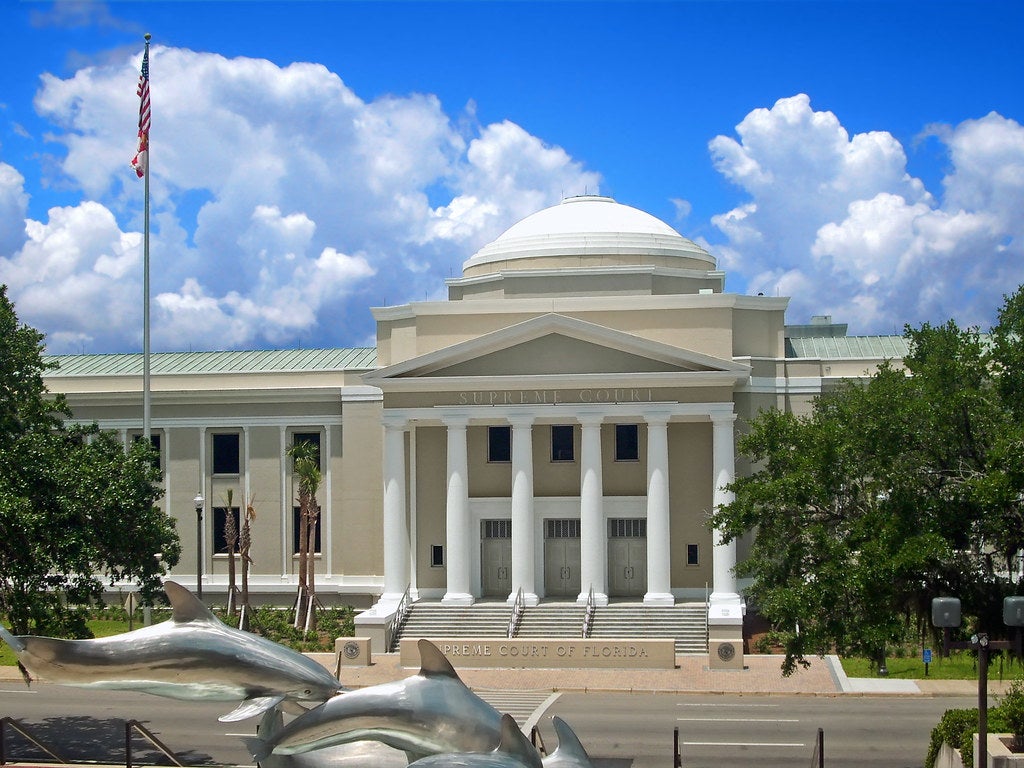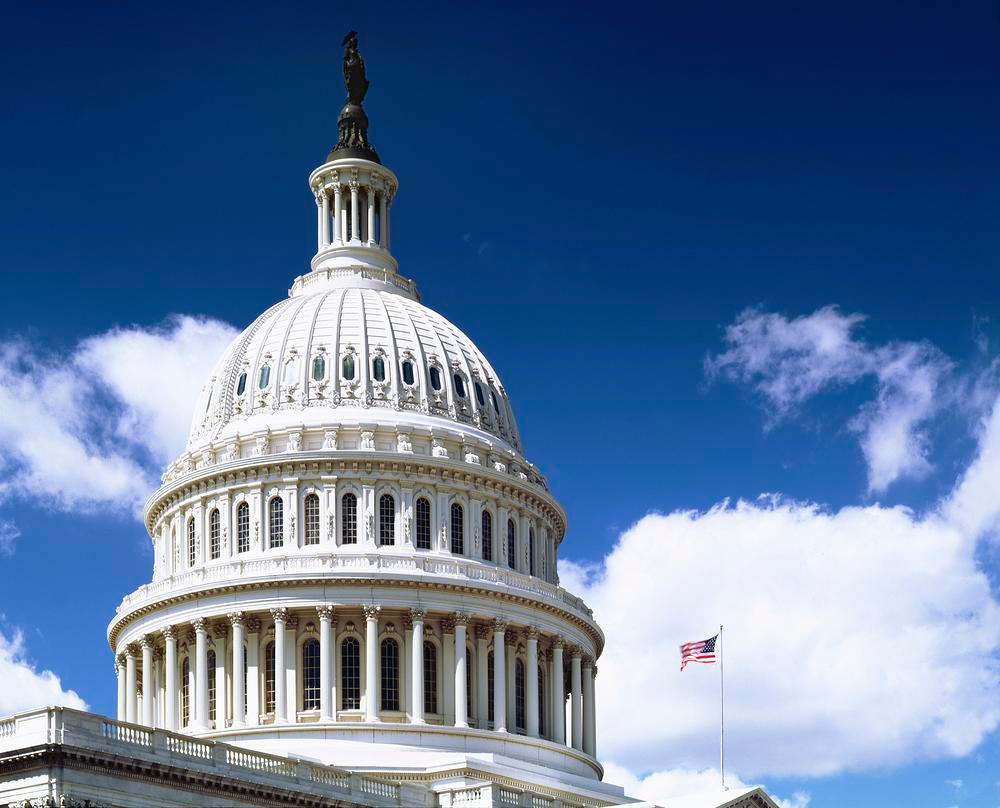A seismic change
Las Vegas’ tourism recently suffered a strong year-over-year decline. Experts largely blamed economic factors and travel restrictions, and Stevens said that there were no real long-term concerns for Circa.
Golden Gate’s electronic metamorphosis isn’t necessarily a concession, but it is a sign of change on the Vegas Strip.
“We’ve always embraced the future, and now we’re reimagining our casino floor with a high-energy electronic table games pit unlike anything downtown has seen,” Stevens said.
“Expect more excitement, faster gameplay, and all the newest machines,” a statement continued.
One of the unique qualities of the Golden Gate casino is that its dealers were also dancers, making it the only casino in Vegas with such employees.
Golden Gate has been in operation since 1906 and is the oldest casino in America’s gambling capital. Its transition away from tradition and to the future is nothing if not symbolic of the times.
Surrounding circumstances
Stevens indicated that he does not have much interest in restoring the positions of real table-game dealers in the future.
We still get people who ask me if we are going to bring back deep-fried Twinkies,” he wrote to Vital Vegas Blog. “My response has never changed: we’re thinking about it. Eventually, people move on, particularly if you give them a great product. With what we are doing at Golden Gate, we have the ability to be a leader and create one of the coolest vibes in Vegas.”
According to the Nevada Office of Workforce Innovation, 26 percent of Vegas’ total employees worked in leisure and hospitality as of Jan. 2023. While Circa will give its dealers the opportunity to remain on its staff, future changes in the Strip could present problems to the local economy.
Amid the tourist decline during the summer, Vegas casinos posted $765.3 million in gaming revenue during June, a 3.5 percent-year-over-year increase, thanks to high hold rates. That ended a fourth-month streak during which casinos’ revenues had declined.
Gamblers are also dealing with President Donald Trump’s Big Beautiful Bill, which became law in July. The bill cut tax-deductible gambling losses from 100 to 90 percent, meaning that casino-goers could end up owing more taxes than they won in a given year.
Rep. Dina Titus (D) presented the FAIR BET Act to restore the 100 percent deductible standard for losses. However, that bill was referred to the House Committee on Ways and Means on July 7 and has not been approved at the time of writing.


